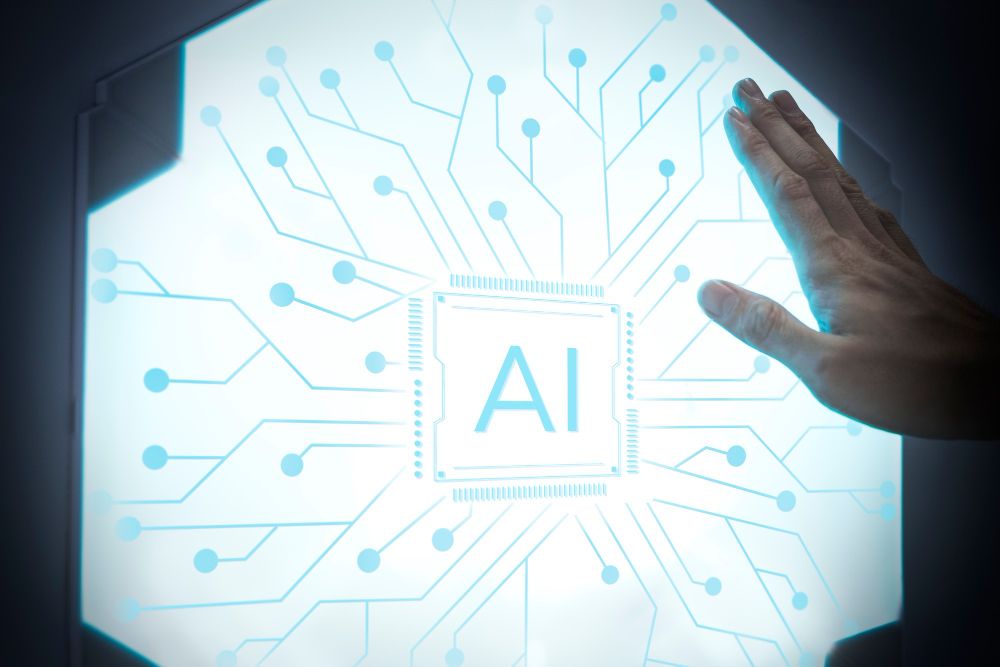Will ai put everyone out of job?
The impact of ai on employment is a complex issue, and there is no straightforward answer. While AI has the potential to automate many jobs and replace human labour in certain industries, it can also create new job opportunities and enhance existing ones. It's essential to understand that AI is not a standalone technology but rather a tool that can be integrated into various industries and workflows.
In some industries, such as manufacturing and transportation, AI has already led to job losses due to automation. However, in other sectors, such as healthcare and education, AI is being used to improve patient care and student learning outcomes, respectively. AI can also free up human labor from repetitive, mundane tasks, allowing them to focus on more creative and strategic aspects of their work.
Overall, the impact of AI on employment will depend on various factors, such as the specific industry, the level of automation, and the ability of workers to adapt to changing technological landscapes. While some jobs may become obsolete due to AI, new jobs will emerge that require different skills, such as data analysis, programming, and problem-solving.
It's crucial to prepare for the impact of AI on the labor market by investing in education and training programs that help workers develop the skills needed for the jobs of the future. Governments and organizations can also take steps to ensure that the benefits of AI are distributed fairly and that workers are not left behind as the technology continues to advance.
In conclusion, AI has the potential to automate certain jobs and replace human labour in some industries, but it can also create new job opportunities and enhance existing ones. The impact of AI on employment will depend on various factors, and it's essential to prepare for the future by investing in education and training programs and ensuring that the benefits of AI are distributed fairly.




